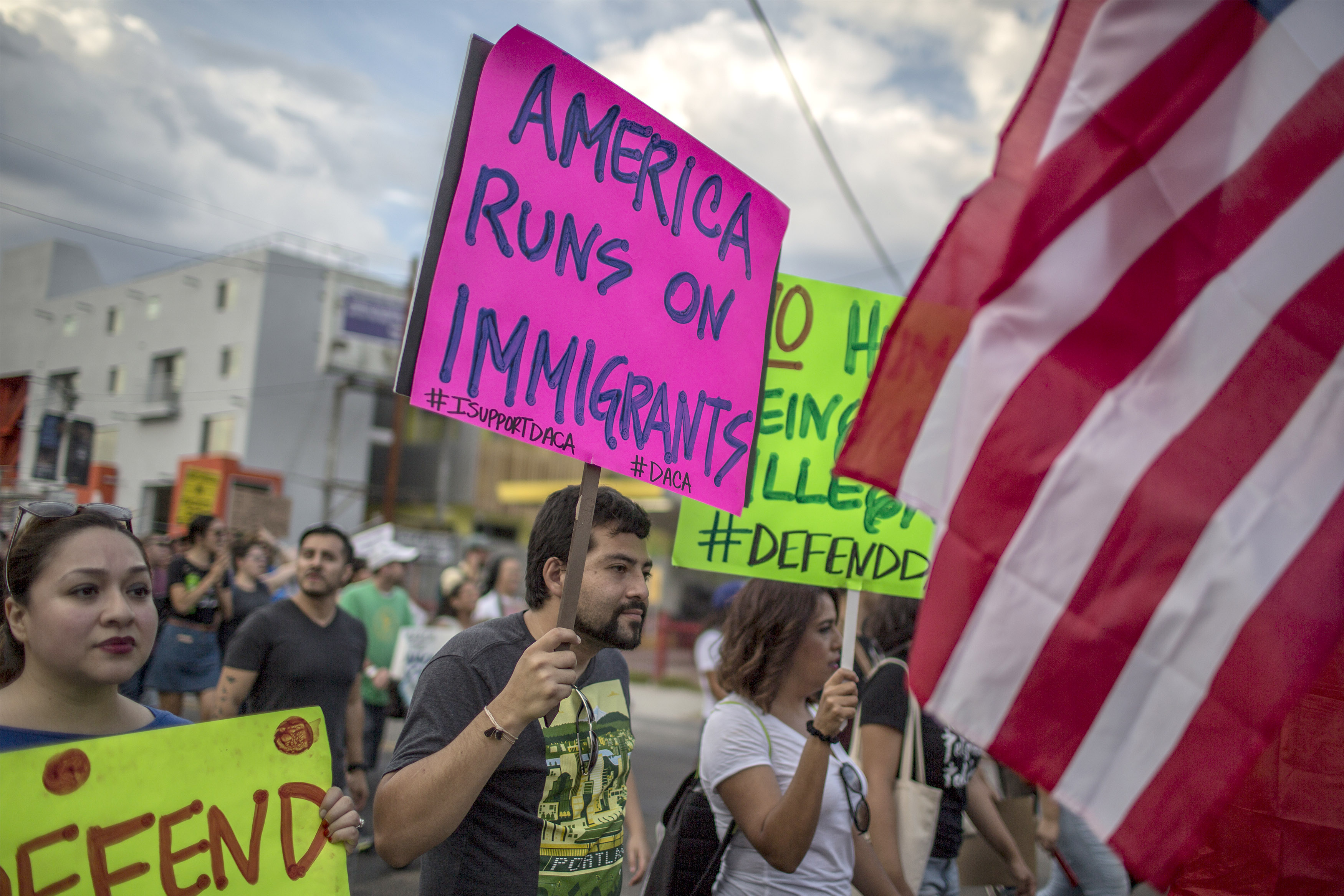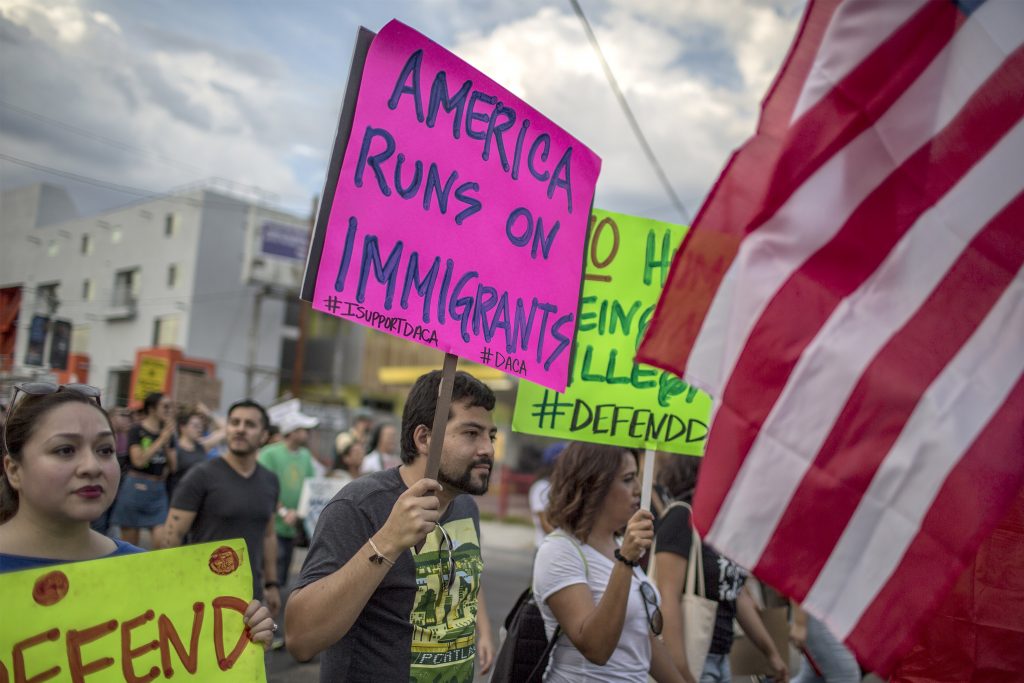Healthcare workers are fighting COVID-19 on the frontlines, risking their lives, their safety, and their own well-being to provide some relief from more than 602,000 total infections in the country so far. According to a new report, approximately 29,000 of these healthcare workers—whose jobs include serving as doctors, paramedics, nurses, and more—are Deferred Action for Childhood Arrivals (DACA) recipients living in uncertainty about their legal status.
A study conducted by the Center for American Progress (CAP) shows that the highest concentration of DACA recipients working in healthcare live in California (8,600), Texas (4,300) and New York (1,700). While these individuals are considered frontline workers, CAP found that more than 12,700 additional DACA recipients are helping to shoulder other industries made critical during the pandemic, including working jobs as custodians, food preparers and management or administrators.
NBC Latino highlighted a few stories in a recent piece, including a 27-year-old intensive care nurse named Ana Cueva from a small community hospital near Sacramento. She’s held her job as a nurse for more than five years and renewed her DACA application last February, which enables her to work for an additional two years. But while she won’t have to worry about her status for a bit of time, it does add to the level of anxiety and intensity that she’s working under during the pandemic.
“There is not a time of day when I don’t think that maybe this was the last time I could renew my DACA. I am here, I voluntarily put my life at risk and go to work happily,” Cueva told NBC Latino. “Losing more employees would cause major failures to the health system.”
“It’s imperative that the Supreme Court take account of conditions that did not exist back in November,” he said. “It seems nonsensical to invite even more chaos into an already chaotic time.”
Back in 2017, Trump announced that he was ending DACA, leaving the lives of nearly 67,000 immigrants in the bounds. In 2019, the Supreme Court announced that it would hear arguments and come to a final decision on the case later this year. An argument last November indicated that the justices were inclined to let Trump’s decision stand, dashing the hopes of many. However, the current healthcare crisis has added new urgency to the program and in a new filing from March, several recipients asked the justices to take into account how many dreamers are working to ensure the health and safety of Americans, describing the need for an all-hands approach.
“The public health crisis now confronting our nation illuminates the depth of those interests as borne by employers, civil society, state and local governments, and communities across the country, and especially by healthcare providers,” the filing reads. “Furthermore, it throws into sharp relief DACA recipients’ important contributions to the country and the significant adverse consequences of eliminating their ability to live and work without fear of imminent deportation. These are the very consequences the agency failed to consider.”
DACA recipient Aldo Martinez, who has been responding to COVID-19 patients as a paramedic in Fort Myers, Florida, said in the NBC Latino piece that serving those in need is what’s most important to him right now.
“It is painful not to be able to have something more permanent, because at the end of the day what I want to do is help people,” he said. “I try not to think about it every day, because it can affect my interpersonal relationships and my ability to help patients, which is my priority.”




